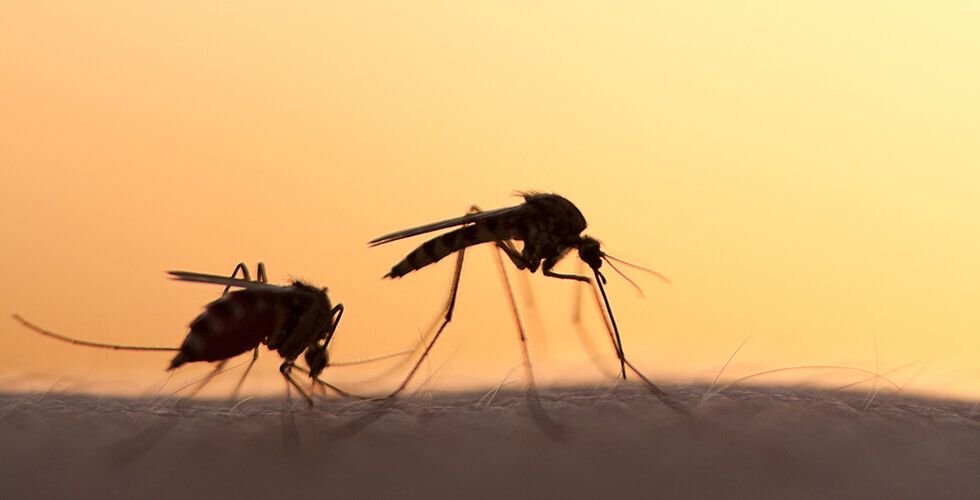
Once thought inhospitable to mosquitoes, the Las Vegas Valley has become a thriving hub for these disease-carrying insects—and experts warn the consequences could be dire.
Traditionally associated with humid, tropical regions, mosquitoes have rapidly adapted to southern Nevada’s desert environment. A mix of urban development, warmer temperatures, and insecticide resistance has created ideal breeding conditions, turning backyards, golf courses, and artificial lakes into mosquito havens.
Two species dominate the area: Culex mosquitoes, known carriers of West Nile virus, and Aedes aegypti, infamous for spreading dengue fever. Since first appearing in Las Vegas in 2017, Aedes aegypti have spread from a handful of ZIP codes to nearly 50 across the valley. Unlike their counterparts, these aggressive “daytime biters” thrive in shallow water—just a few inches in something as small as a child’s toy or a rain-filled tire can sustain them.
The health risks are escalating. In 2019, Las Vegas recorded its largest outbreak of West Nile virus with 43 human cases. Last year, although fewer human cases were reported, scientists detected record numbers of mosquitoes testing positive for the virus—evidence of a looming danger. Meanwhile, dengue fever has surged across the Americas, heightening concerns that international travelers could spark local transmission in this tourism-driven city.
Experts warn that without a coordinated mosquito abatement program, Las Vegas remains vulnerable. Fragmented pest control efforts have already contributed to insecticide resistance, further complicating prevention.
“It’s a ticking time bomb,” said UNLV researcher Louisa Messenger. “With 48 million visitors a year, it only takes a couple of bites for a virus to take hold.”
The message is clear: unless Las Vegas unites in its fight against mosquitoes, the desert city’s growing infestation could lead to its next public health crisis.

